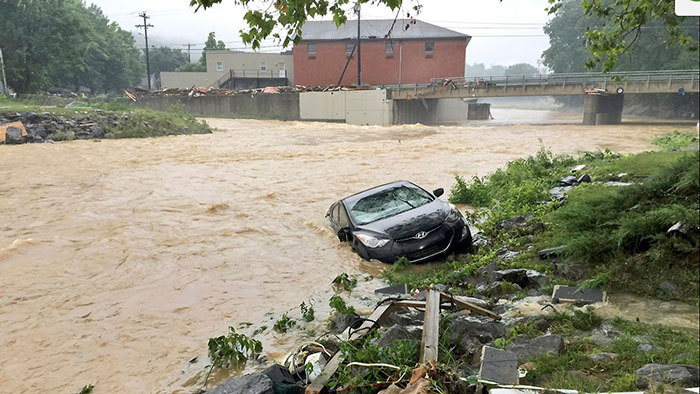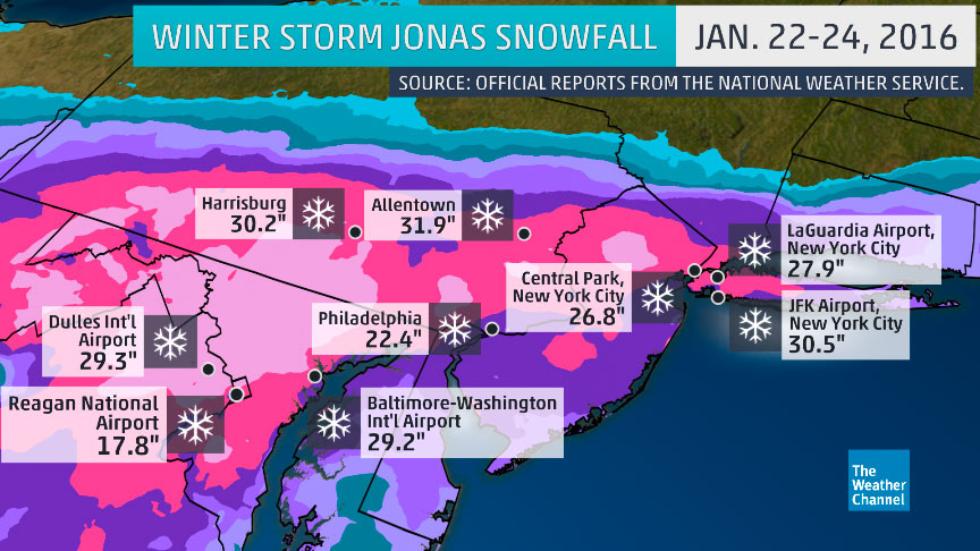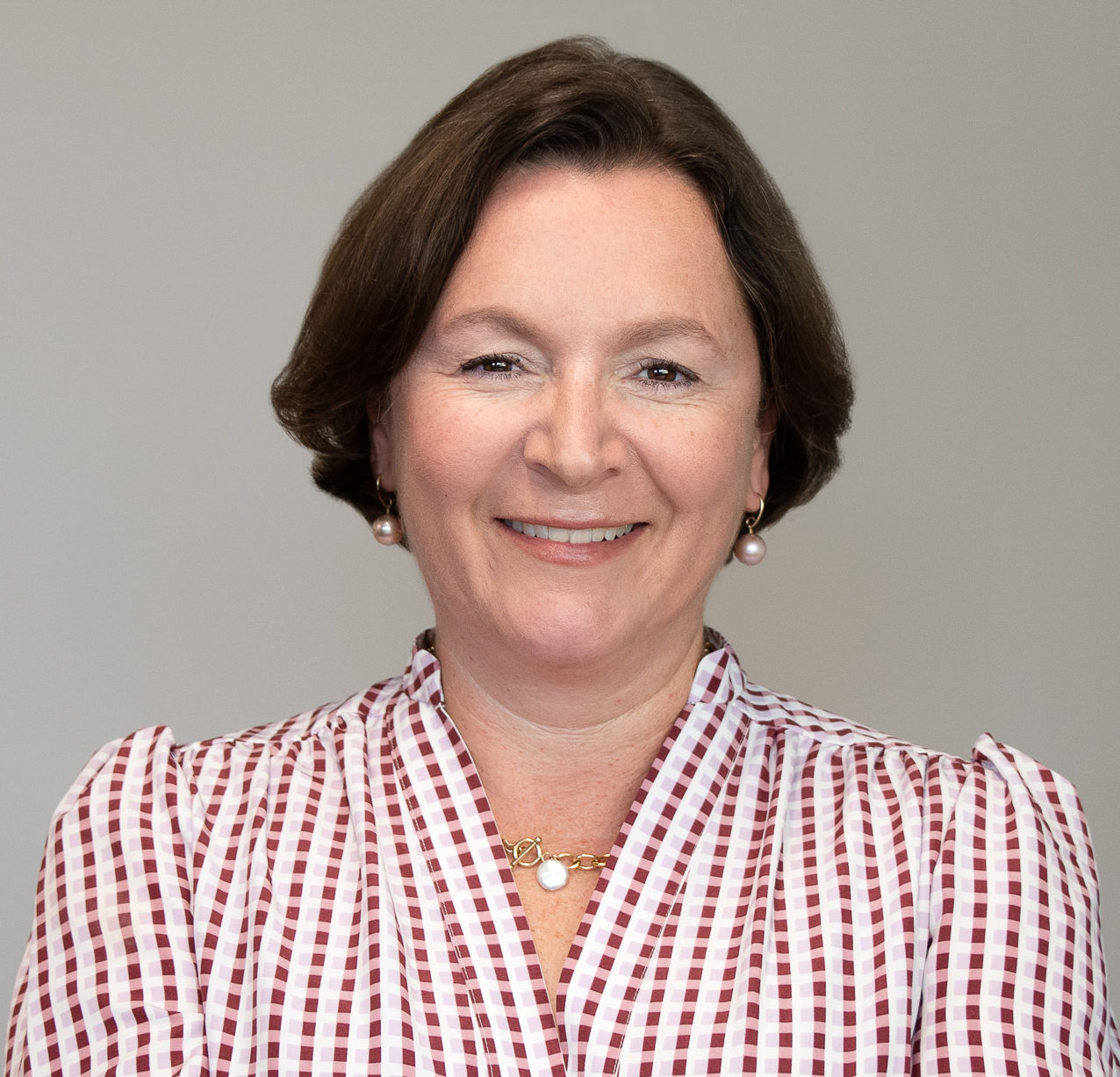From Scrambled Eggs to Soufflé: A Lesson in Strategic Disaster Grantmaking
The Westfield Insurance Foundation came to us over a year ago with a problem we at the Center for Disaster Philanthropy could solve. They wanted to become a more educated and sophisticated disaster grantmaker. With a considerable disaster budget already approved by the corporate foundation board, the foundation wanted to clearly articulate when, where, and […]

The Westfield Insurance Foundation came to us over a year ago with a problem we at the Center for Disaster Philanthropy could solve. They wanted to become a more educated and sophisticated disaster grantmaker. With a considerable disaster budget already approved by the corporate foundation board, the foundation wanted to clearly articulate when, where, and how they would award grants.
Since we shared a love of food and cooking with the foundation team, we quickly landed on a cooking metaphor to guide our work. The CDP team would help our foundation colleagues move from making scrambled eggs to creating a soufflé. The process involved three important phases.
- Analyze Current Program
We began by carefully analyzing the grants that the Westfield Insurance Foundation had made to disasters over the past five years, reviewing their grantmaking policies and procedures, understanding their grant guidelines and applications, and learning their corporate foundation culture. - Define Strategic Objectives
The second phase of our work focused on definitions: Which disasters should they focus on? When should a grant be made? What were the geographies that were in-bounds? What were those that were out of bounds? These questions, and many more guided our efforts. And, as I learned through my time working at the Bill & Melinda Gates Foundation, it is equally important to know what you DO NOT fund as it is to articulate what you DO fund. - Refine Grantmaking Guidelines
Our work then narrowed down even further as we carefully identified the issues that would be the best ‘fit’ for the foundation with high impact potential on a disaster context and a discrete set of potential grantees with whom we will be making introductions and forging partnerships.
We continue to support the foundation every month. We track domestic disasters in their geographic catchment area, identify potential grantees, and help shepherd disaster grants through their foundation pipeline.
We have an agreed upon assumption—that all of the work that we do to support the foundation will be conducted in the spirit of education. That way, at the end of one year, our client will have established relationships with a small, curated group of NGOs and they will more keenly understand disaster trends. Ultimately, they will have the refined culinary capacity to cook an effective disaster grant.
CDP’s work thus far has resulted in an initial tangible success. The Westfield Insurance Foundation awarded one grant to support West Virginia flood recovery. On the yet tangible side, our work gave our client the confidence to hone their disaster grantmaking, moving it from being solely reactive and event focused, to looking at the long-term needs of their communities of concern.
Our mutual respect for each other’s values, an understanding of the problem that needed to be solved, a deep understanding for foundation work as well as disasters, and a love of cooking were the key ingredients in this successful working relationship.
The CDP Team is happy to help you refine your disaster grantmaking. Please feel free to call me at (206) 972-0187 or email me at regine.webster@disasterphilanthropy.org to discuss what we could cook up together.
More like this

